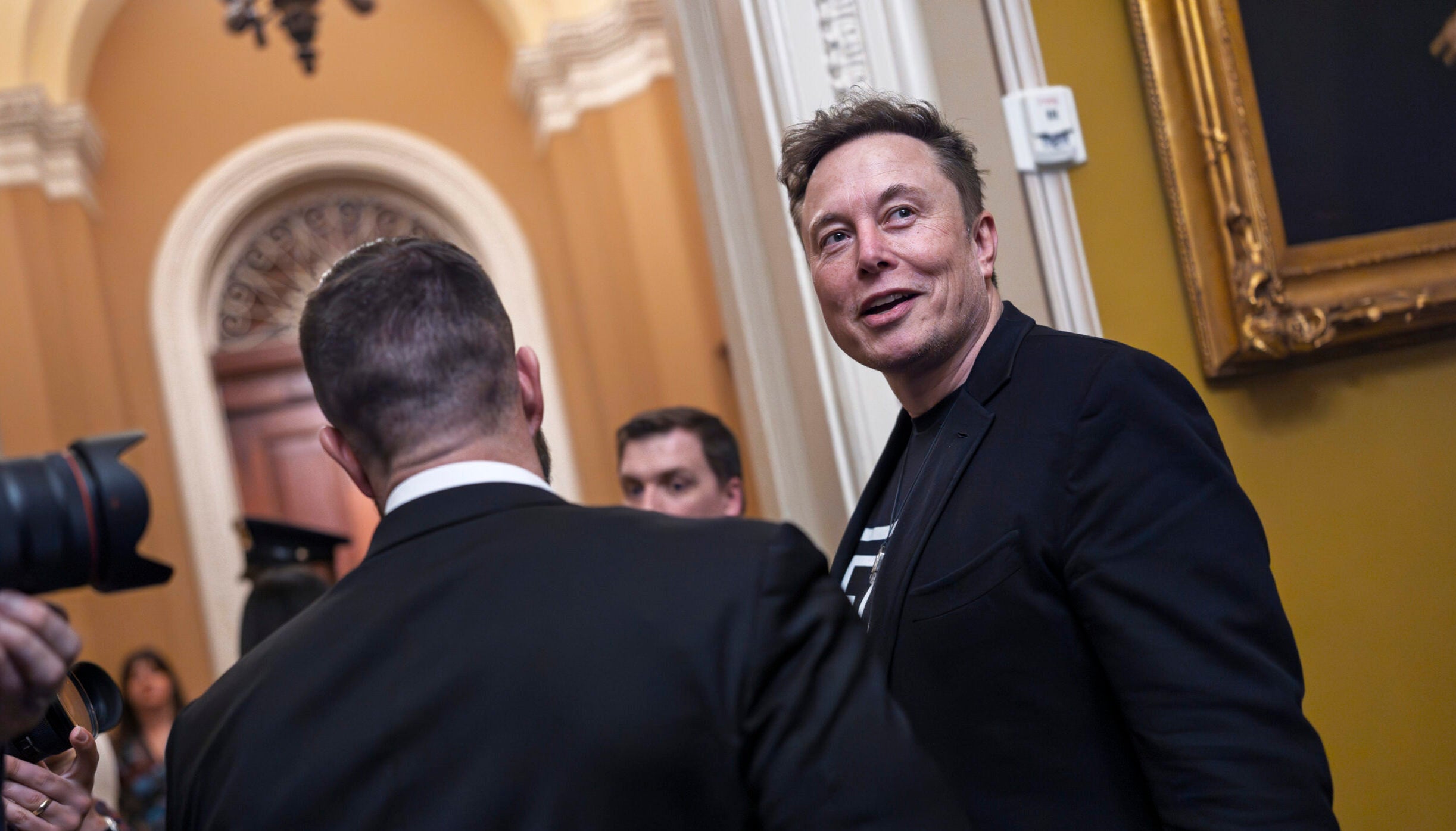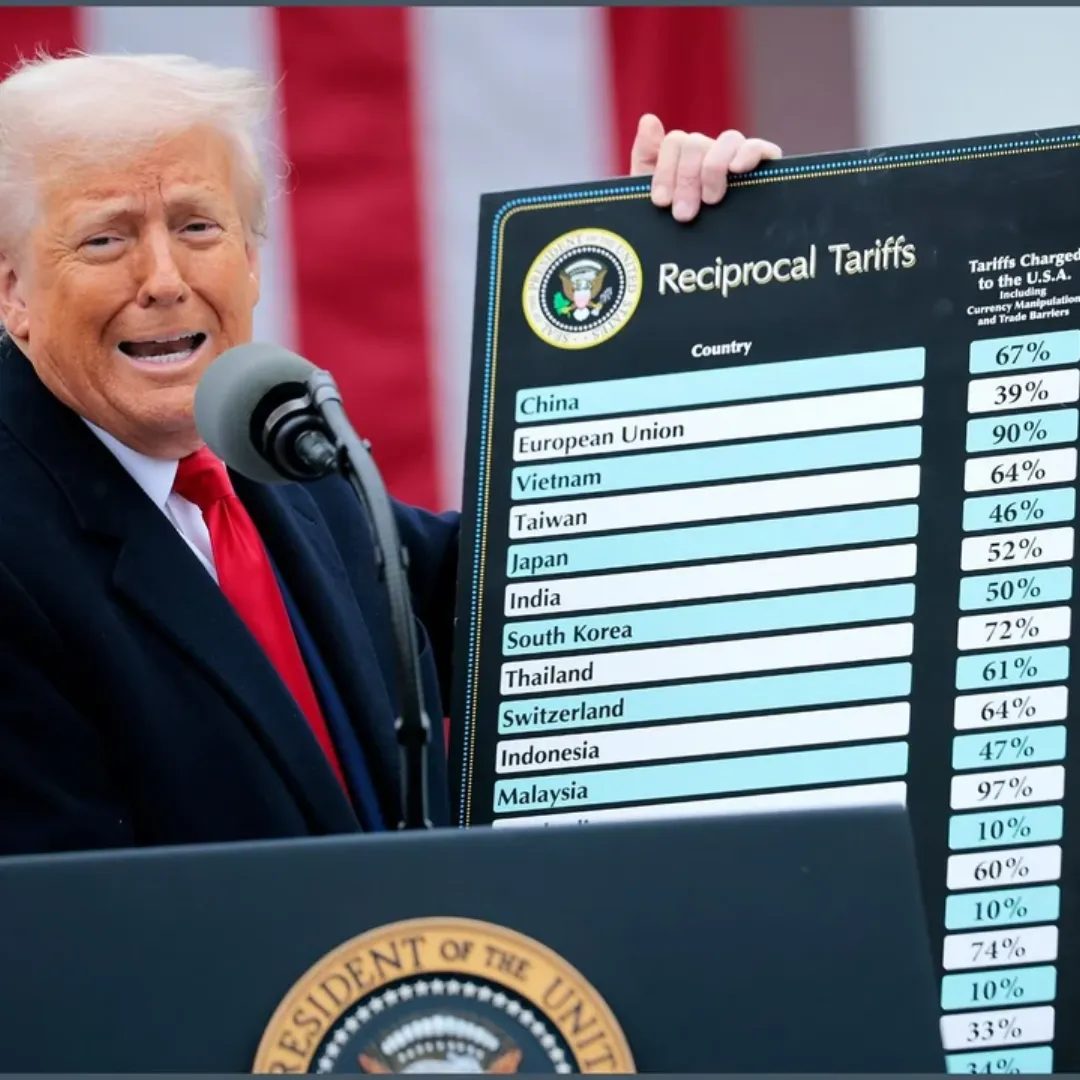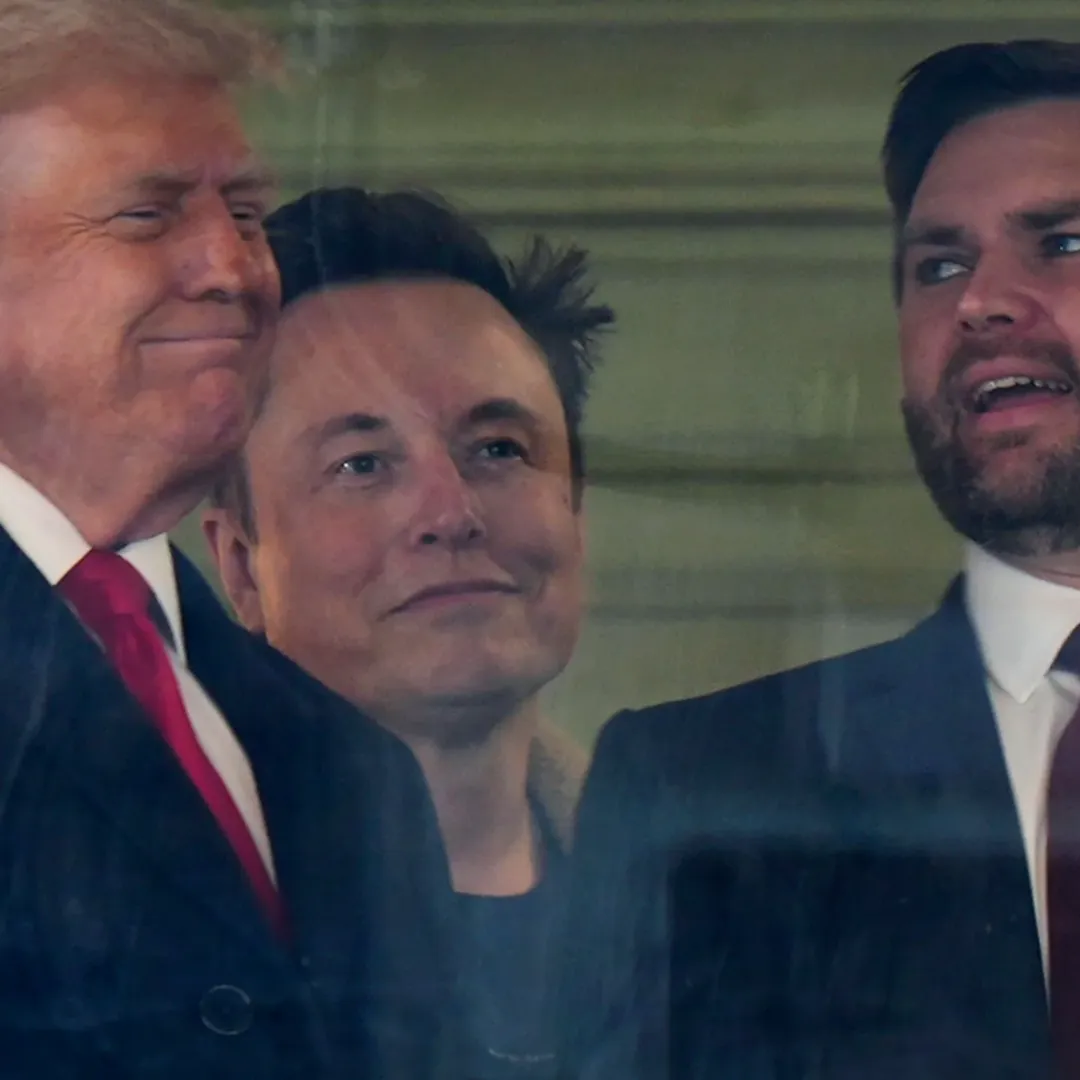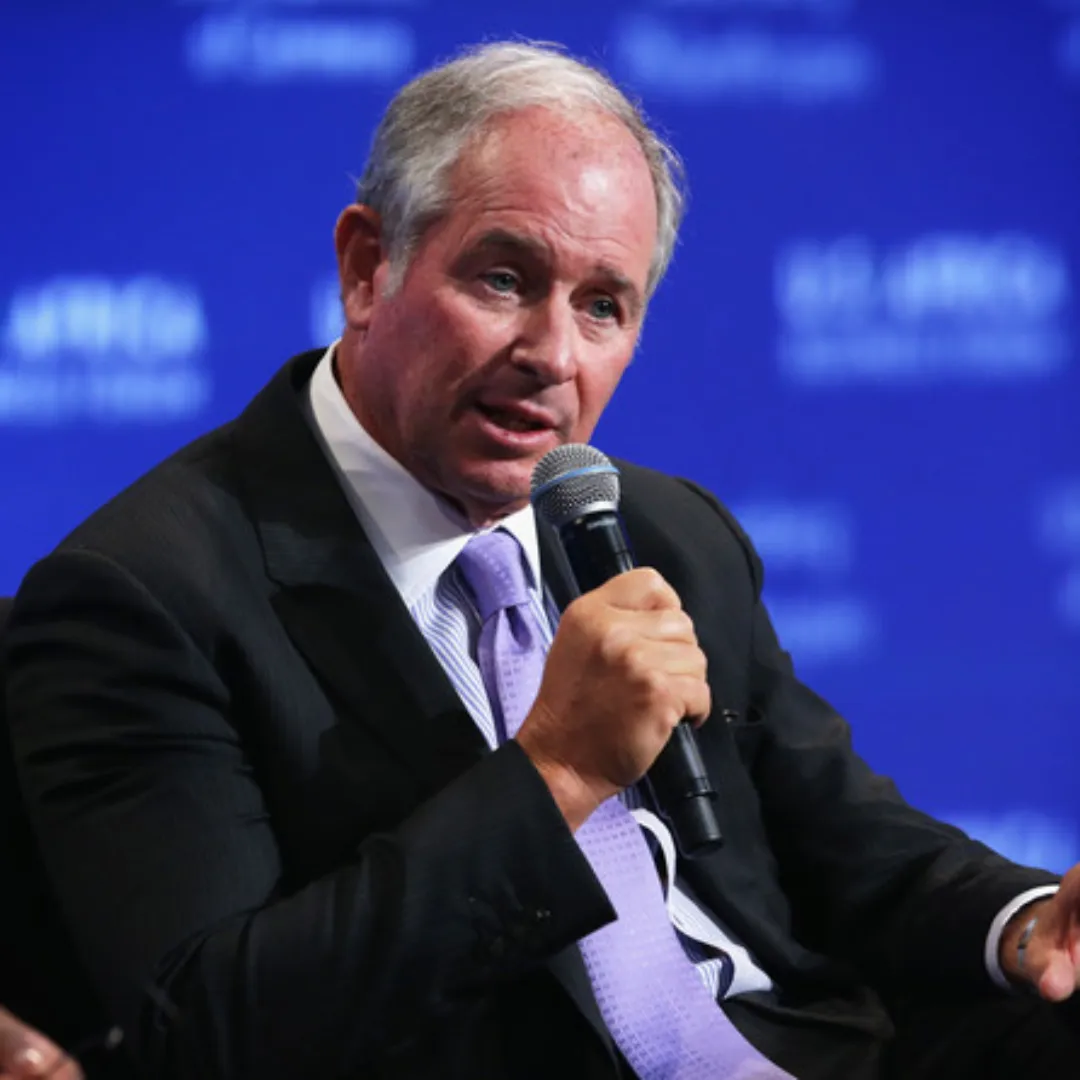The Democratic National Committee (DNC) is launching a series of ads across Wisconsin newspapers in a bold move to accuse tech billionaire Elon Musk of trying to influence the upcoming Wisconsin Supreme Court election by funneling large sums of money into the race. These ads, which are set to begin appearing on Friday, aim to draw attention to Musk’s role in backing conservative candidate Brad Schimel in the race, which is set to take place Tuesday.
This critical race is poised to determine the balance of power on the state’s highest court.
While officially nonpartisan, the race has taken on partisan overtones with Republicans supporting Schimel and Democrats backing Susan Crawford, the liberal candidate. With Musk’s financial contributions coming under scrutiny, the DNC has seized the opportunity to rally support for Crawford, accusing Musk of attempting to buy influence over the state’s judicial system by boosting Schimel’s candidacy.
In its campaign to highlight Musk’s influence on the race, the DNC is targeting several local newspapers in Wisconsin, a key battleground state that could have far-reaching implications in future national elections.
The ads are set to run in more than a half dozen Wisconsin newspapers, including the Chippewa Herald, Manitowoc Herald Times Reporter, Beloit Daily News, Daily Jefferson County Union, Janesville Gazette, Watertown Daily Times, and Oshkosh Northwestern. The DNC’s move is part of a larger strategy to mobilize 2 million voters to support Crawford in the crucial election.
Ken Martin, the Chair of the DNC, issued a scathing statement about Musk’s involvement in the race, saying, “On April 1, Wisconsinites get the chance to say what Americans across this country are thinking: ‘Go to hell, Elon.’ Wisconsinites deserve a Supreme Court justice who looks out for them, not the ultra-wealthy. Now and forever, Wisconsin is not for sale.”
The DNC's decision to target Musk in these ads highlights the growing scrutiny of his involvement in U.S. politics. Musk’s increasingly visible role in supporting Republican candidates, particularly in races where the balance of power could shift, has made him a polarizing figure in American politics.
The ads directly challenge Musk’s actions and question his intentions in meddling in the state’s judicial race.
Elon Musk, the CEO of Tesla and SpaceX, has become a key figure in national political battles, particularly since his outspoken support for former President Donald Trump and conservative causes. Musk has long been a vocal critic of the political left, and his involvement in Wisconsin’s Supreme Court race has drawn significant attention.
His backing of Brad Schimel, the Republican candidate, through his America PAC has sparked a debate about the extent to which billionaires should be able to influence state-level elections.
Musk’s decision to personally travel to Wisconsin to speak with voters ahead of the election, coupled with his offer to hand out two $1 million checks to those who have already voted, has further fueled the controversy. Musk’s actions are seen by many as an attempt to buy voter support and sway the outcome of an election that could have lasting impacts on the state’s judiciary.
Critics argue that his financial contributions and public involvement in the race undermine the democratic process and tilt the scales in favor of the wealthy and powerful.
The Wisconsin Supreme Court race is a highly significant contest, as it will determine the ideological balance of the court. The seat up for grabs is currently held by retiring Justice Ann Walsh Bradley, one of the four liberal justices who have held a slim majority on the court.
The winner of the election will decide whether the court remains in liberal hands or shifts to a more conservative majority.
Brad Schimel, a former state attorney general, is the Republican candidate supported by Musk, Trump, and other conservative figures. Schimel’s political views align with those of the Republican Party, and he has received substantial funding from conservative groups and PACs, including Musk’s America PAC.
On the other hand, Susan Crawford, the liberal candidate backed by the DNC, is campaigning on a platform that emphasizes fairness, justice, and defending the rights of all Wisconsinites, regardless of their political affiliations.
The election is expected to be close, with both candidates receiving strong backing from their respective parties. However, Musk’s involvement has added a layer of controversy, particularly given his wealth and influence.
The DNC’s decision to run ads targeting Musk is a direct response to the influx of money and resources from conservative donors seeking to shape the race in favor of Schimel.
The DNC’s strategy in Wisconsin is to rally voters around the idea of resisting Musk’s financial influence in the state’s Supreme Court race. By accusing Musk of trying to "buy" the election, the DNC aims to energize Democrats and liberals in the state who are wary of the growing influence of billionaires in politics.
The DNC is working to persuade voters that the future of the state’s judiciary—and, by extension, its democratic process—is at risk if Schimel wins the race with the help of Musk’s financial backing.
The DNC’s ads are designed to appeal to the values of Wisconsin voters, many of whom are concerned about the influence of money in politics. By framing Musk’s actions as an attempt to undermine the will of the people, the DNC hopes to turn the tide in favor of Crawford and build momentum for her campaign as Election Day approaches.
“Americans don’t want Elon Musk in the White House and they don’t want him buying our elections,” the DNC said in the release, making it clear that the party views Musk’s involvement in the Wisconsin race as a symptom of a larger problem with money in politics.
Although the Wisconsin Supreme Court race is officially nonpartisan, it has quickly become a partisan battleground. With Republicans backing Schimel and Democrats supporting Crawford, the election has taken on strong political overtones.
The involvement of high-profile figures like Musk and Trump has only intensified the partisan nature of the race.
Musk’s support for Schimel aligns with his broader political views, which are often in opposition to liberal and progressive policies. By backing Schimel, Musk is signaling his commitment to conservative causes and his willingness to use his wealth to support candidates who share his views.
This has led to accusations that Musk is attempting to use his influence to reshape the state’s judiciary and ensure that it aligns with his political interests.
The ads run by the DNC are a direct response to this growing influence of conservative money and power in Wisconsin. By drawing attention to Musk’s role in the race, the DNC hopes to push back against what it sees as an unfair advantage for Schimel and emphasize the importance of electing a judge who will represent the people, not the wealthy elite.
The outcome of the Wisconsin Supreme Court race will have significant consequences for the state’s judicial future and could set a precedent for future elections across the country. As billionaires like Musk continue to play an increasingly prominent role in American politics, the question of how much influence the ultra-wealthy should have in shaping political outcomes is likely to remain a hotly debated issue.
For now, the race for the seat on Wisconsin’s Supreme Court remains too close to call. With Musk’s support for Schimel, the stakes have been raised, and both sides are working tirelessly to secure every vote. The DNC’s decision to target Musk through these ads is just one example of how money and influence are shaping this crucial race.
How Wisconsin voters respond to these efforts will have a significant impact on the future of the state’s judiciary and, potentially, on national politics as well.






